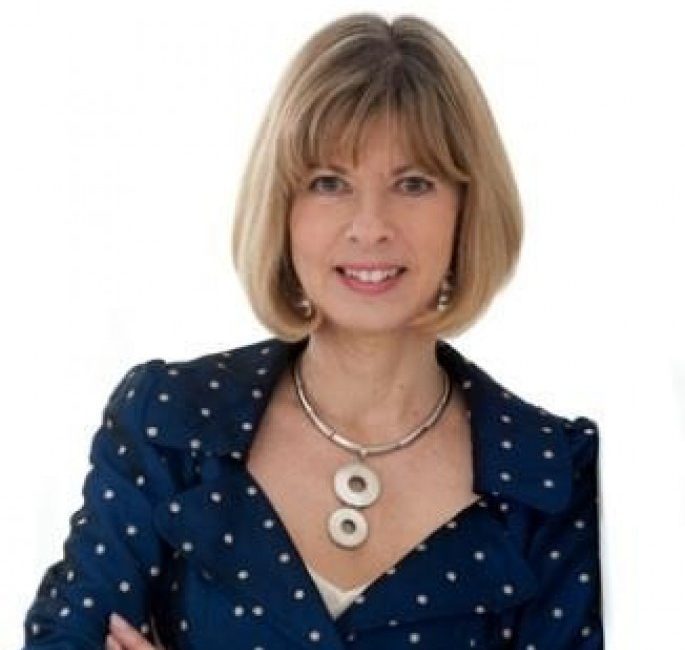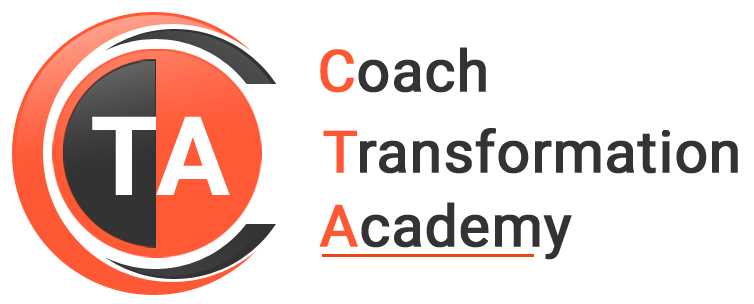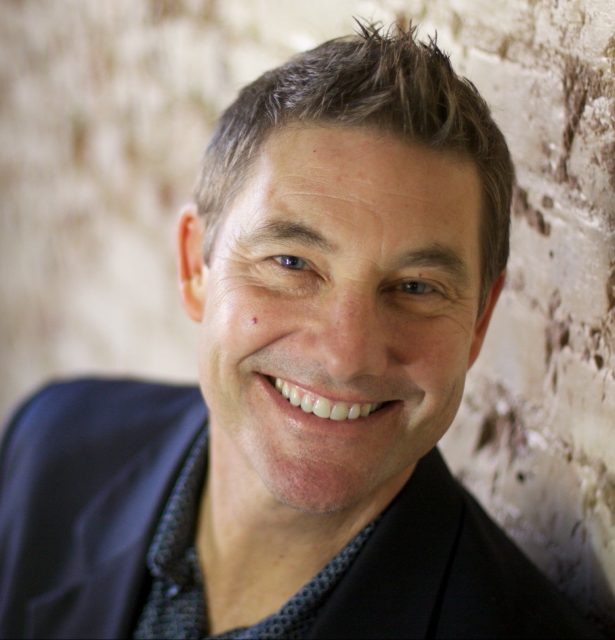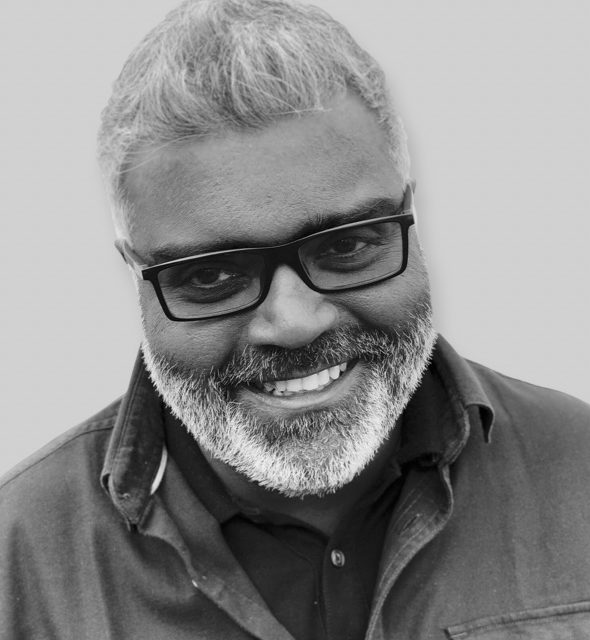
Linda McLoughlin MCC MBS
Linda McLoughlin is an award-winning Master Coach and founder of Leadership Works specializing in coach training; executive education and gender intelligence. Linda is a serving member of the International Coaching Federation PC Board of Directors – the world’s largest body advancing the profession. She was awarded ‘Coach of the Year’ and ‘Mentor Coach of the Year’ and is an accredited Master Certified Coach and a licensed facilitator of a range of psychometrics. She is based between UAE and Ireland. Linda is an expert in executive and leadership development and has worked across the Middle East; Europe; Africa; USA and South America. She is co-author of two books on leadership and change and an engaging conference speaker on coaching and leading. She is also a Reiki Master and avid traveler.
Context
Mastery is more than a title. It is a mindset and a way of being for ICF coaches. The ongoing search for mastery at all levels in our coaching journey from ACC to MCC and beyond takes true commitment.
In this session, Linda shared her own continuous journey to mastery. She offered tips and techniques to others following this path as a mentor coach. She also talked about the new Core Competency #2 – Coaching Mindset. And demonstrated how this can be embodied by coaches. Linda also linked mastery to Core Competency #5 – Maintains Presence – and the role of mindfulness in achieving mastery.
Keynotes
Coaching is growing.
- Currently, there are 90,000 coaches worldwide. And 70,000 of those are deemed to be professional coaches.
- The coaching industry is growing and thriving.
- People now recognize that for credible and high-quality services, credentialed coaches should be hired.
- Coaching is a profession. And a profession is around excellence and maintaining standards. We’re doing exactly that in mastery.
- Coaching is only 25 years old. It’s still a young profession.
How do we define Mastery?
- Mastery is an indicator but not an end. It’s a much larger concept than just a qualification, title, length of experience, expertise.
- It is a never-ending skillset and mindset of wanting to be better, fulfilling, recognizing pure potential, and stepping into that.
Journey to Mastery
The Journey of Mastery is made up of a number of things, including:
- Number of hours of practice.
- The acquisition of scientific knowledge around competencies, the underpinning psychology, and other disciplines like neuroscience.
- Reflection on practice.
- Wide range of clients and contexts.
- There are no magic formulas or models and no shortcuts (Dr. Jonathan Passmore).
My own MCC Path – Linda McLoughlin
- Longer, deeper, better, richer, and more vulnerable than expected.
- It took me three years to become an MCC.
- It was developmental and didn’t want the journey to end.
- Took mentor coaching from four different mentor coaches around the world.
- Had to unlearn almost everything I learned at the PCC level. The thing that served me or had created me as a coach, was to be unlearned.
- I began questioning what I learned in the PCC. To move to the next level, I had to reinvent myself.
- For most of us coaching is a personal thing. We are tools.
CC#2: Embodies a Coaching Mindset
- Coaching mindset is all about continuous growth, self-reflection, self-awareness, and self-regulation.
- Think of yourself as the piano or the violin. You’ve got to keep yourself at peak, in a condition that you can be the best service to your client.
- Ongoing learning and development, reflective practice, tapping into that intuition only come when we’re truly present, the ability to regulate emotion, your own strong emotion in other people.
Reflective Practice Support
- Mentor Coaching
- Supervision
- Continuing Professional Development
- Peer Coaching
Working with a Mentor Coach
- Chemistry
- More than one!
- ICF trained assessor
- Active coaching practice
- Ability to your cheerleader and to be totally honest
- Global perspective
- Working with someone who has done the marker training is a plus.
- People that have worked internationally, cross-culturally, add value to the mentoring relationship.
How to Work with a Mentor Coach
- Submit recordings for the feedback
- Deep dive into the Core Competencies and Code of Ethics
- Reflection on coaching challenges and relationships
- Understanding credential processes/criteria and renewal requirements
- In mentor coaching, you are looking at your craft, competencies.
Supervision
- Exploring own beliefs, assumptions, and biases.
- Unraveling ethical dilemmas.
- Understanding barriers to coaching presence – over-thinking, ignoring intuition, etc.
- Recognizing and managing triggers and emotional reactions.
Reflective Practice
- Journaling
- Listening to Own Recordings
- Mindfulness
- Mediation
- Feedback
- 360s
- Psychometrics
- Mentor Coaching
- Supervision
What came up for you that day as you were coaching? What seemed to work? What didn’t? What do you have questions about?
Continuing Professional Development
- CCEs
- Peer Coaching
- Communities of Practice
- Volunteering
- Niche-Specific
- Webinars with CC (Core Competency units)
- RD (Research & Development)
Unconscious Competence
“When I am coaching masterfully, I have the sensation of free-falling. And I have the visual in my mind’s eye of Alice in Wonderland floating down the rabbit hole. I am not in my head thinking. I am being completely curious, letting the conversation flow.”– Fran Fisher, MCC
Questions by Linda McLoughlin
- What role do you think “passion” will play in your new venture?
- As you step into your new enterprise, how can you bring more passion into that?
- When I say the word focus to you, where does the energy go?
- As you reflect on that, what does it suggest to you about your direction now?
💎 Nuggets from Linda McLoughlin
- Whether you’re aiming for MCC, ACC, or, there are elements of mastery at every level.
- Mastery at this level is an art form. It’s not formulaic.
- What you are curious about listening to your own recordings is probably one of the best reflective things you can ever do.
- You’re only as good as your last coaching session.
- As we move, we will bring some of the things with us, but we let go of other things so we can bring in new skills.
- Sometimes, as coaches, we don’t have clever or interesting questions. But getting that ability to get to the knob is the key.
🧭 You are getting to mastery where it suddenly seems easier and more flowing, more intuitive. – Linda McLoughlin
🎧 If you missed or want to rewatch our webinar with Linda McLoughlin on the “The Journey to Coaching Mastery”, catch up here: https://youtu.be/ujbZKtqab7k
❤️ A big shoutout to Linda McLoughlin for sharing tips and experiences on the journey to mastery in coaching!
Don’t miss out on this one. Stay tuned for the next episode!




